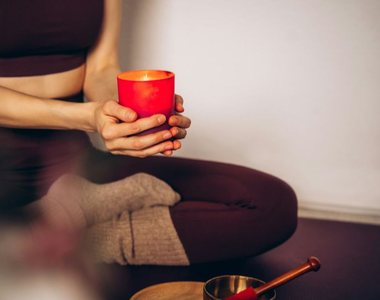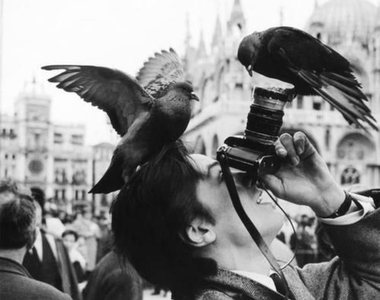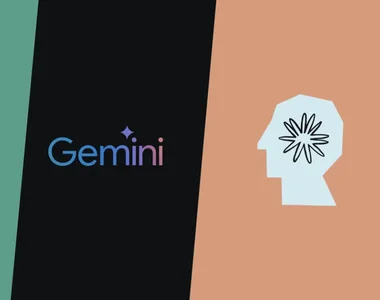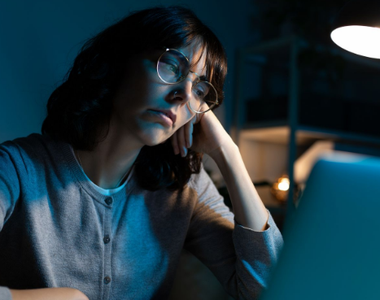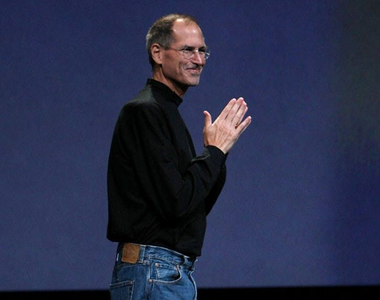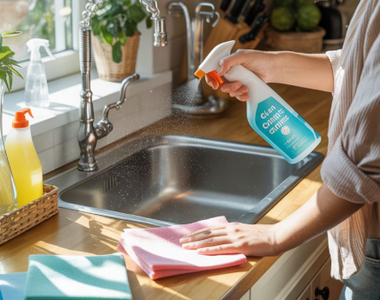
Let's face it: The mirror and the camera are never in the same line. You like yourself in the mirror, you wore your make-up and you look like a star, but in the photo you don't seem to give the same 'vibe'. You try to blame your friends and find 1001 reasons, but again, your Instagram isn't updating.
What you see in the mirror often does not match what you see in the photo. It's not that the mirror or the camera is faulty - it's due to the interaction between perception, perspective and the brain.
The eye and the camera
Our eyes capture the visual essence of the external world. Just closing your eyes and imagining being "blind" is a terrifying experience in itself. But have you ever wondered what it would be like to live with only one eye?
When we try to focus on something very small or far away, we close one eye. Human eyes are both in front, unlike horses which have one on each side. Thanks to close positioning, each eye gets a view of the same area from a slightly different angle. Double vision has much in common, but also complements each other - one eye captures visual information that the other does not.
Both images are processed in the brain and combined, creating a three-dimensional image. A camera only has one "eye", so photography makes images appear flat, unlike a mirror.
Facial symmetry
Only if your face is perfectly symmetrical will people see it as you see it in the mirror. This is because mirrors invert images, unlike photos which capture reality. Also, when you look at yourself in the mirror, you have the advantage of real-time angle correction. Unconsciously, you will always see yourself in a good light. Photos often capture you from a bad angle.
LIGHTENING
When you look at an object in real life, your eyes adjust to see better and your brain processes the image for better contrast. When this is missing, a photo often comes out with shadows and highlights that look unnatural.
Things get worse in the dark when you have to use your phone's light. It makes the skin look oily and accentuates the features. For better photos, try to take photos outside in natural light.
Fake smiles
"Laugh at the camera!" This always ruins the picture. Whenever you have to "pose" for a photo, you'll always look like you're getting your driver's license. If someone tells you to smile for a photo, don't. The best smile is the natural one. Sit as still as possible so that the facial muscles do not form an unnatural pose.
It can be a game of your brain
Finally, our brain plays a critical role in how we perceive ourselves. Known as the 'mere exposure effect', we tend to develop a preference for things just because we are used to them. This includes our mirror image. As a result, when we see a photo that contradicts the image we have placed on ourselves, our brain rejects it.
Don't compare yourself to the perfect photos of others
The "ideal" photos and poses we see on social media make us feel worse about our appearance. Remember that neither the mirror nor the photo defines your worth. They are simply different perspectives of one person. After all, your best image is the one you carry inside yourself. Embrace that image above all others.
Suggested Articles:
